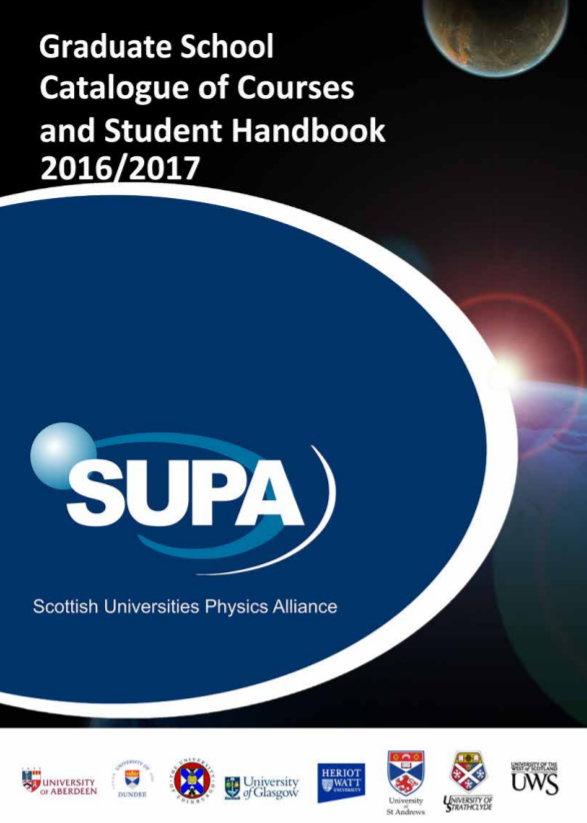
SUPA is the Scottish Universities Physics Alliance, a strategic alliance of eight Physics Schools with a shared strategy for research. Our members are the Universities of Aberdeen, Dundee, Edinburgh, Glasgow, Heriot-Watt, St Andrews, Strathclyde and West of Scotland. The SUPA Graduate School, with around 600 PhD students currently registered, has been a major success of SUPA. Over 50 advanced courses, corresponding to over 800 hours of lectures, are delivered annually via a network of video classrooms. SUPA Prize studentships have been awarded to outstanding applicants since the creation of SUPA. The SUPA Graduate School works in collaboration with a number of RCUK funded Doctoral Training Centres, research institutes and other alliances. Relevant courses comprise "Laser Driven Plasma Acceleration" (SUPALDP), "Plasma Physics" (SUPAPPH), "Accelerators" (SUPAACC), "Collider Physics" (SUPACOP), "Biomedical Applications of Lasers, Beams and Radiation" (SUPABAL) and many more.
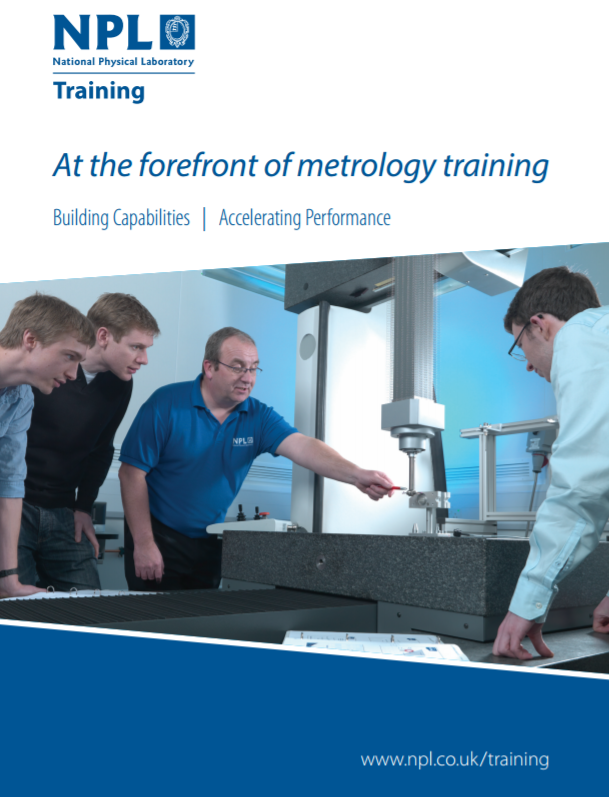
NPL is the UK's Metrology Institute with a wide range of activities and PGI courses. Strathclyde is a managing partner of NPL and our students have direct access to the PGI training courses across various themes. NPL's Training Framework delivers measurement skills to difference audiences. The postgraduate courses, created by the Postgraduate Institute and NPL, aim to develop and nurture world-class researchers to achieve a mastery of scientific methodologies. Through developing knowledge and skills in measurement science and its application, our students learn to bring innovation and science advancement to various field of research/industry.
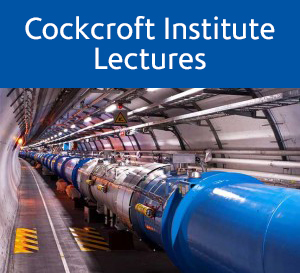
Since January 2017, Strathclyde is a full member of The Cockcroft Institute, adding world-leading plasma wakefield acceleration and light source capability and infrastructure to the CI, and increasing the size of the CI considerably. The CI maintains an award-winning education & training programme which is unparalleled in the UK and covers the whole range of accelerator-relevant areas from general accelerator science, beam dynamics etc. to RF-driven systems and novel acceleration such as plasma and dielectric based accelerators. The postgraduate-level lectures are provided as free online resource and comprise
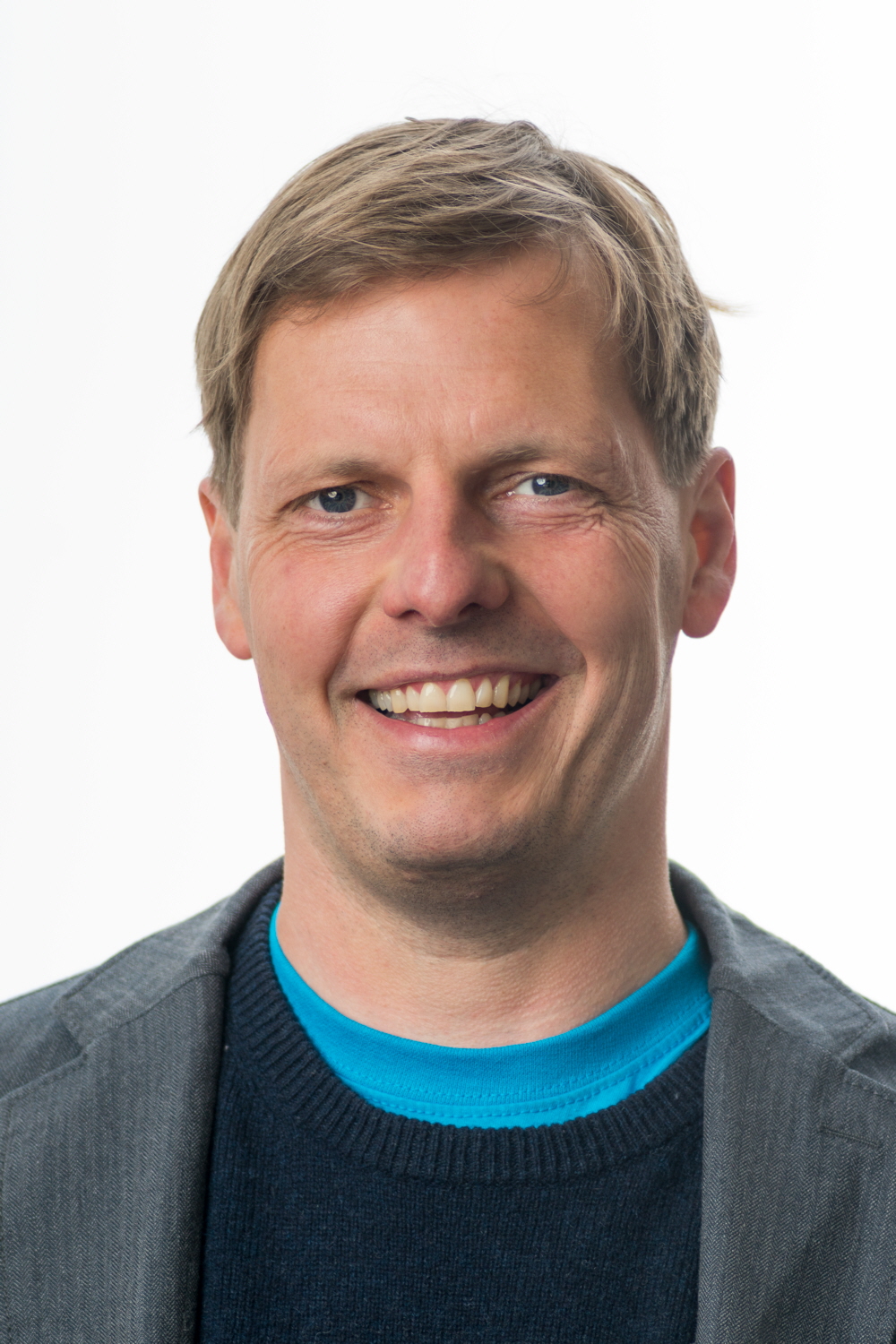
Professor of Physics at University of Strathclyde, and Chair of Experimental Physics at SCAPA. ernhard’s research concentrates on laser wakefield acceleration (LWFA) and beam-driven plasma wakefield acceleration (PWFA) of electrons, and resulting applications such as imaging techniques and advanced light sources. Before coming to Strathclyde, Bernhard was at University of Hamburg/CFEL/DESY, where he still maintains a group which is now closely collaborating with Strathclyde.
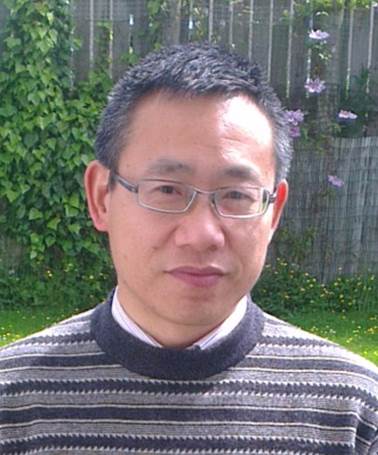
Professor of Physics at University of Strathclyde. Since almost 25 years, Sheng-Ming is working on the fundamental physics of relativistic laser-plasma interactions and their applications in advanced particle accelerators and novel radiation sources, inertial confined fusion, high energy density physics, and laboratory astrophysics by theory and numerical simulations, etc. Sheng-Ming has led a theory group and trained over 20 PhD students and postdoctoral researchers in the last 15 years, and established wide collaboration with groups from China, Japan, India, Germany, UK, and USA. Zheng-Ming has coauthored over 200 peer-reviewed papers with H-index 44.
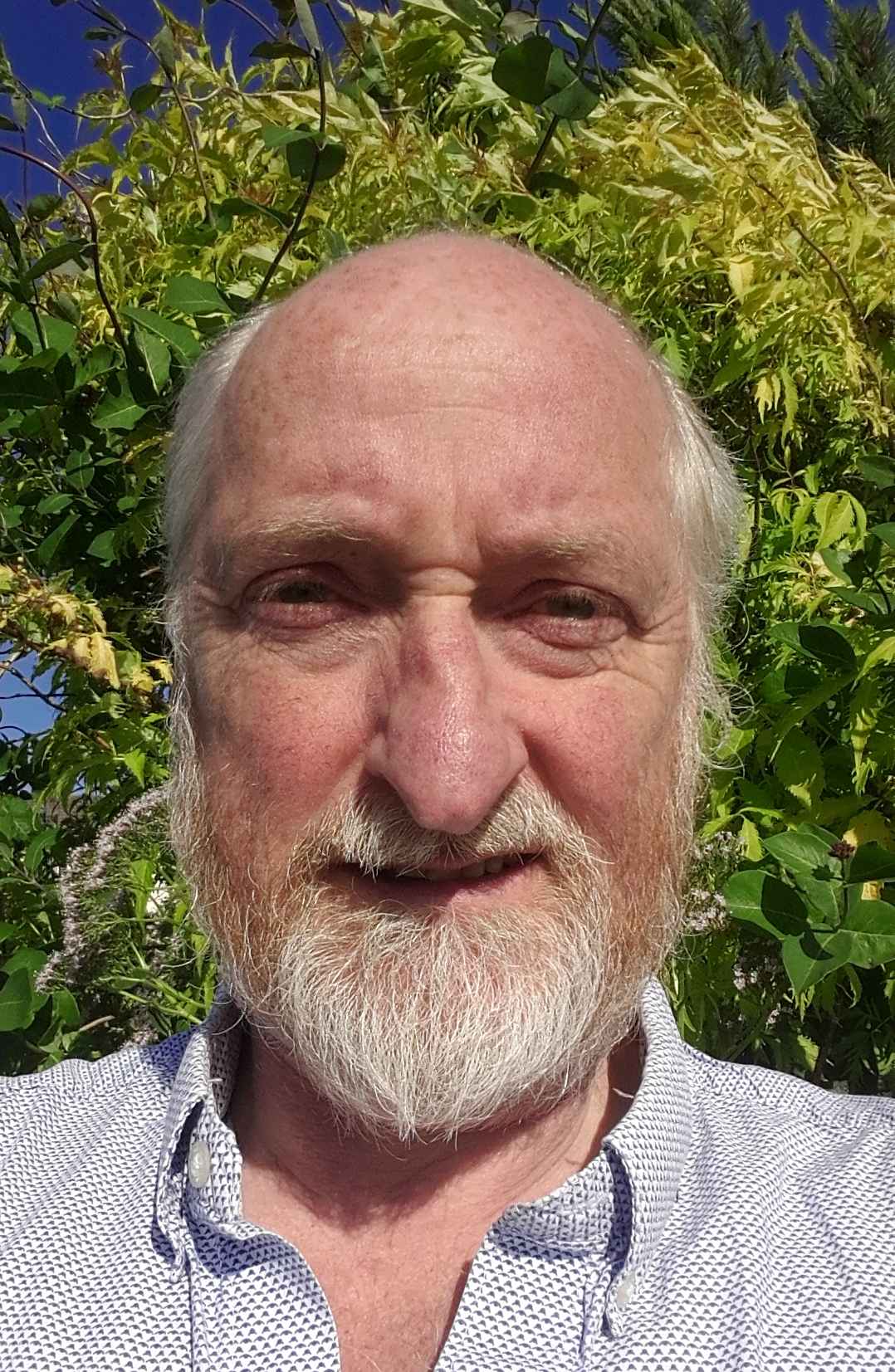
Brian is a Reader of Physics the CNQO group at Strathclyde and is an ‘applied the-orist’ who demonstrates his ideas via analysis, numerical methods and simulations. He is an FEL expert with over 80 publications and a lead figure in the UK light spource community and beyond. He is currently the Chair of the IOP Particle Accelrators and Beams group.
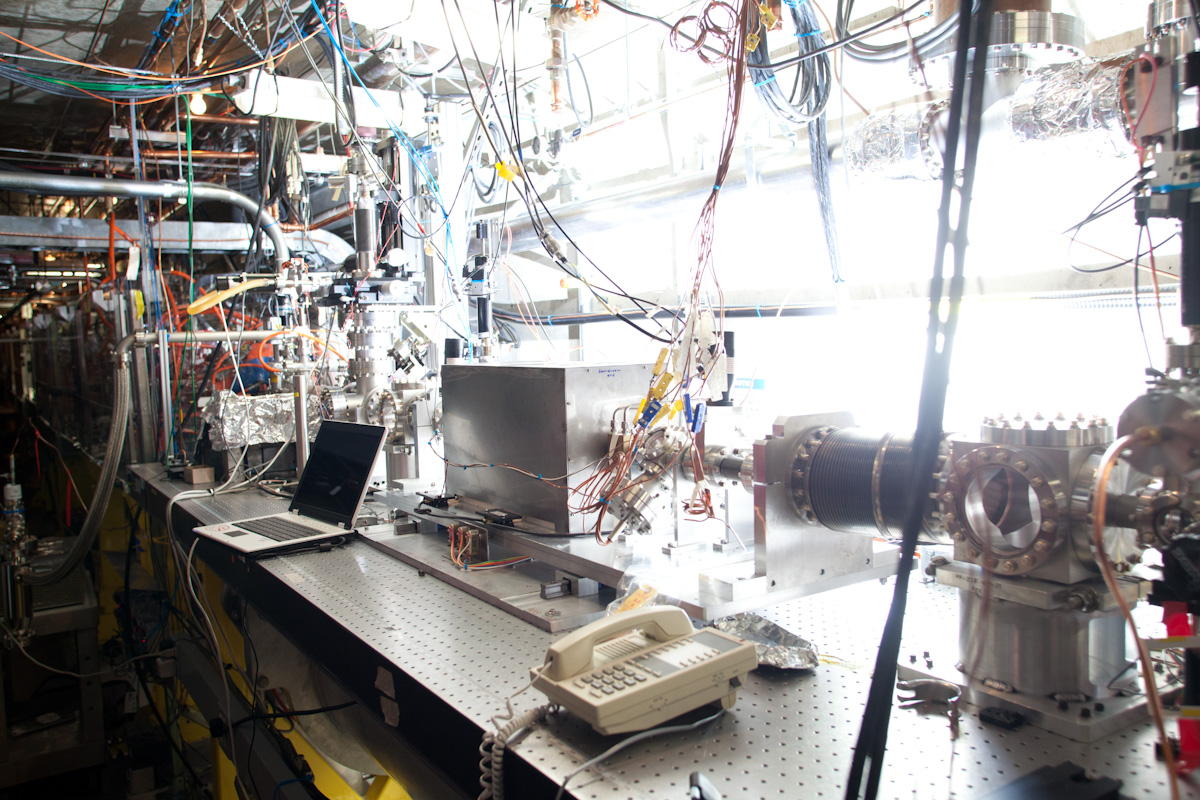
Our PhD students take pride in being part of an international learning and working environment, which promotes networking and scientific independence and leadership building.
ADDRESS
16 Richmond Street
Glasgow G1 1XQ UK
CONTACTS
Email: bernhard.hidding strath.ac.uk
Phone: +44 (141) 548 4994